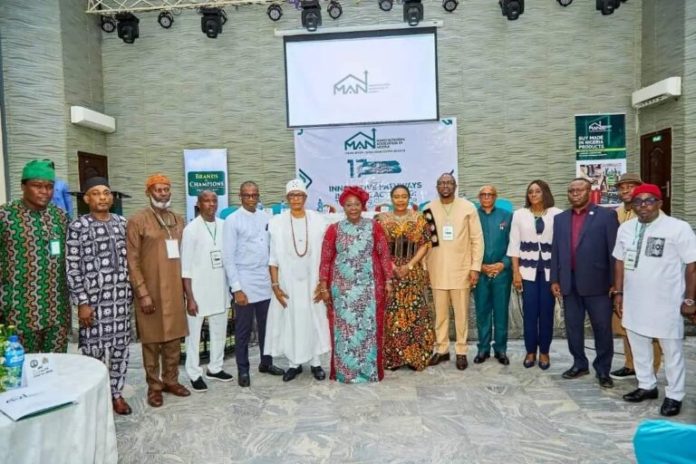The Manufacturers Association of Nigeria (MAN), Cross River and Akwa Ibom branch, has identified foreign exchange market volatility as a significant threat to its operations.
The Acting Chairman, Usen Umoh, made the assertion in an address at the 17th Annual General Meeting (AGM) of the association in Uyo on Monday.
Umoh said at the AGM themed: “Innovative Pathways in Manufacturing: Transforming Challenges to Opportunities” that the instability of the naira was a major business challenge.
He said that the situation which had led to increased costs of raw materials and production, was putting immense pressure on manufacturers.
The acting chairman said that a more stable and predictable forex policy was critical to enabling manufacturers to plan and sustain their operations.
Umoh identified other challenges of the association to include, multiplicity of taxes, rising energy cost, tariffs, and cost of accessing funds.
“The manufacturing sector remains the bedrock of economic growth, providing jobs, fostering innovation, and driving sustainable development.
“Our journey has however not been without challenges, I urge stakeholders to join hands in finding lasting solutions to the challenges facing the sector.
“Let us use this AGM as a platform to share ideas, explore innovative solutions, and renew our commitment to drive the sector forward,” he said.
In his speech, Gov. Umoh Eno, of Akwa Ibom, emphasised the role of the manufacturing sector in job creation, industrialisation and economic prosperity.
Represented by his Deputy, Dr Akon Eyakenyi, Eno expressed his administration’s resolve to improve the ease of doing business in the state.
He stated that a well-managed micro, small and medium scale enterprises sector remained key in the journey towards industrialisation.
“My administration has a lot in place to promote businesses and deepen entrepreneurial culture in our people.
“I urge our people to take advantage of these opportunities to develop ideas that will drive business growth,” he said
Eno urged business owners in the state to pay their taxes, and undertake corporate social responsibility projects to enhance the people’s quality of life.(NAN)


